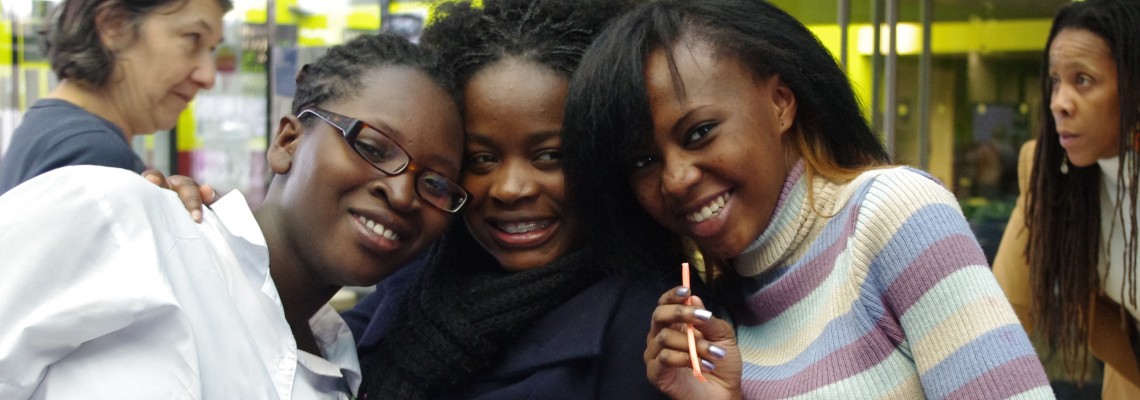As part of the European Commission’s Lifelong Learning Programme, Mapping for Change were chosen to represent the UK in a learning exchange project with the University of Udine (Italy) and the University of Oulu (Finland).
The project focused on specific educational and community issues in the field of social housing, where people are at risk of segregation and social exclusion. ACtS aimed to explore how informal learning, in the context of social housing, could reinforce social cohesion, active citizenship, intercultural dialogue, gender equality and personal fulfilment.
Our Role
Each of the project partners adopted a specific informal learning approach (community mapping, visual anthropology and identity building, informal citizenship education) to meet the project aims and objective. MfC explored the ways in which participatory and community mapping can facilitate community cohesion and overcome social exclusion in the Thamesmead estates, London.
Impact
The mapping enabled local residents to record their ideas and perceptions of their surroundings, propose improvements to public spaces, and identify key resources and valued spaces and places within the community. Individually, participants developed skills in using information and communication technologies.
Together, MfC and residents developed an online Community Map . Some of the benefits were:
- The map provided a unique way to work with people newly arrived in the UK to record their experiences and perceptions – this offered agencies and others a chance to understand and learn from these new residents;
- Mapping local events, training and volunteering opportunities provided an opportunity to improve integration into society;
- By engaging the wider community to put forward ideas for projects to improve shared spaces, residents acquired the potential to develop shared common goals, create new links and form new social networks;
- Those involved learned IT, communication and mapping skills that would enable their friends and families to use the system as well.
Related Projects
Evaluating People Zones Leicestershire
Through engaging residents in an Asset-Based Community Development Approach, our research for People Zones Leicestershire generated lasting resources which helped identify opportunities for hyper localised community initiatives. Now, we’re returning to evaluate the program’s impact, aiming to provide concrete evidence of its effectiveness in reducing crime and promoting community well-being.
D-NOSES - Tackling Odour Pollution Across Europe
D-NOSES is a three-year EU funded research project which aims to provide a solution to the largely neglected issue of odour pollution, changing the traditional top-down approach for a bottom-up one. The lack of regulation from authorities around odour pollution is mainly due to it being difficult to reliably measure and the potential solutions being costly to implement.
Planting Healthy Air in Schools
Mapping for Change is working with pupils and teachers to monitor nitrogen dioxide levels around each school using citizen science. Together, we have installed diffusion tubes at 10 locations around the school which will be changed over by the EcoClub every month for 12 months.

